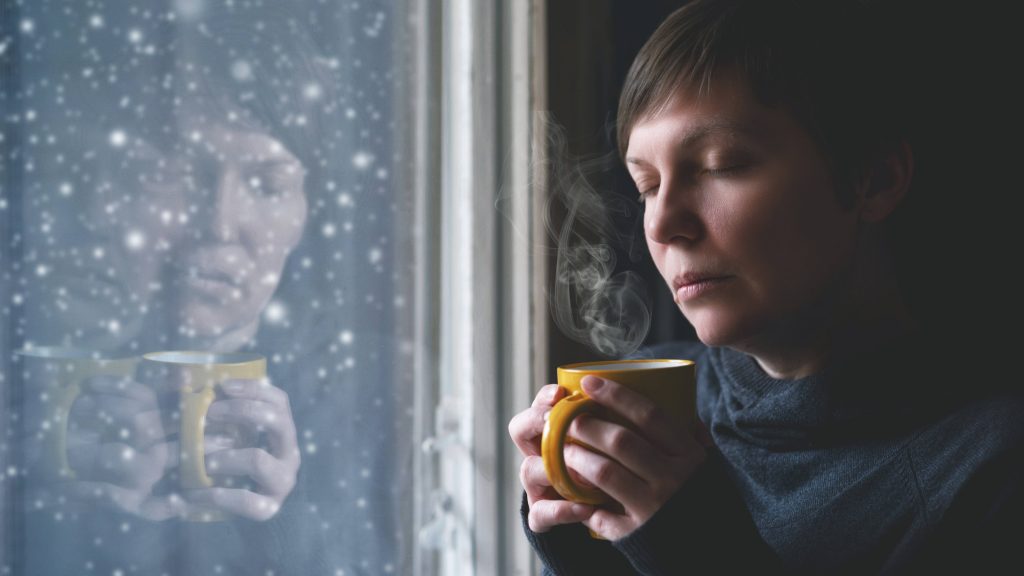
As cities across the globe began to lock down because of the COVID-19 pandemic, reports of domestic abuse began to rise. In Seattle, one of the earliest U.S. cities to endure an outbreak, police reported a 21% increase in domestic violence in March.
"Many of us understand how incredibly stressful it can be to be in our home all of the time. And when you couple that with a person who's already in an abusive relationship, whether it be emotional, physical, mental, financial, we see these increased stressors causing probably more increased abuse," says Amanda Kubista-Owen, a Mayo Clinic Health System social worker.
Watch: Amanda Kubista-Owen discusses rise in abuse during COVID-19 pandemic
Journalists: Sound bites with Amanda Kubista-Owen are in the downloads at the end of the post. Please courtesy "Amanda Kubista- Owen" / social worker / Mayo Clinic.
"People that were experiencing abuse previous to COVID-19 now it seems like those situations have increased and become more dangerous. We're seeing that not only with domestic violence, but childhood sexual assault, or human trafficking, sexual assault, and intimate partner violence. There are all sorts of ways in which we see vulnerable populations are even more vulnerable at this time," says Kubista-Owen.
Financial or economic abuse is another form of abuse that is especially difficult as many families are experiencing financial stress due to furloughs, layoffs and cutbacks.
"If you think about economic abuse as it is it's a form of an abuse where one person is controlling the finances of a family," says Kubista-Owen. "And oftentimes, the person that's being abused, their finances are restricted. They're not allowed to work, or if they are working, perhaps their money is taken from them right away. And now when you look at a situation where many people are unemployed, many people don't have any kind of income coming in, you're going to see those stressors increase. When you see stress increase, you're going to see increased instances of abuse, whether it's economic, whether it's physical. It all kind of just bubbles up. And at times, you'll see it come out in many different ways."
Make a plan to ensure your safety and that of your children. "There are many things that you can do to protect yourself or develop a plan for safety. If possible, have cellphone or old cellphone. Those (old cellphones) will call 911 always as long as it can turn on and it has power. Try to connect, if possible, with a support person, as we're seeing people are more isolated. Also, having a getaway bag packed or an exit strategy is something that's really important," says Kubista-Owen.
Creating a safety plan may include
- Know your local domestic violence and sexual assault resources.
- Keep a cellphone hidden for emergencies, if possible.
- Let a trusted neighbor know your situation; share your safety plan; develop a code.
- Get an extra set of keys for house and car.
- Prepare an exit strategy and getaway bag with clothes, toothbrush.
- Ensure you have your medications, identification, birth certificate.
Supporting an abuse victim
Knowing what not to do to help a person in a difficult and abusive situation is as important as knowing what to do.
"If you know a person has a history of being in an abusive relationship, or has a current situation going on, the best thing you can do is be there to listen to them, says Kubista Owen. "Don't give them an ultimatum. That's even isolating that person further. Listen first."
Resource for those seeking help from domestic abuse:
National Domestic Violence Hotline: 1-800-799-7233 (SAFE).
For the latest updates on the COVID-19 pandemic, check the Centers for Disease Control and Prevention website. For more information and COVID-19 coverage, go to the Mayo Clinic News Network and mayoclinic.org.







